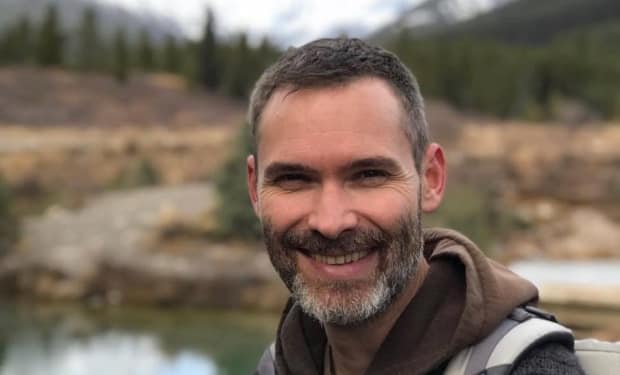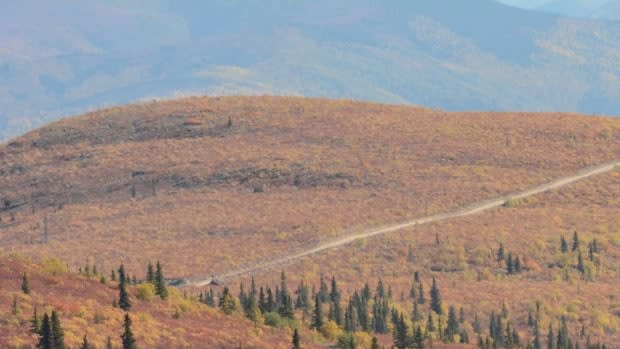Yukon panel tackles contentious issue of reforming mining laws
An independent panel has begun working on recommendations for how the mining industry should be run in the territory.
It's released the results of a public consultation it did earlier this year.
That included more than 90 meetings, many written submissions, and thousands of comments on a survey, said Michael Pealow, the facilitator of the Mineral Development Strategy process.
The process came out of an agreement between Yukon's 11 self-governing First Nations and the Yukon government, Pealow said.
"The legislation, the Quartz Mining Act and the Placer Mining Act are both over 100 years old," he said.
"And there have been numerous amendments between then and now, which has resulted in some very confusing legislation for a lot of people, including mineral developers themselves."

He said some of the major topics to come up include uncertainty and tensions over land claims that haven't been signed or negotiated. Those are in the traditional territories of the White River First Nation, the Liard First Nation and the Ross River Dena Council.
Some comments are calling for negotiations with those First Nations to set up processes for mineral development on their territories.
Another issue is over land use plans as most regions in the territory don't have one yet.
A big issue is free entry for miners, an entry system which allows any prospector to enter most public lands and explore for minerals. Some First Nations and others are calling for an end to free entry, while the industry says free entry in some form is needed.

Pealow said the three-person panel made up of Math'ieya Alatini, Doug Eaton and Angus Robertson will prepare draft recommendations by early January. After another round of consultation, they'll issue final recommendations in the spring.
He said their work has challenges, but generally there's support for modernization of the legislation.
"There's actually quite a lot of consensus in a lot of areas, in some of the areas, too, that you might think there would be more conflict," said Pealow. "Generally, across the board, people aren't happy with the status quo and would like to see change."

